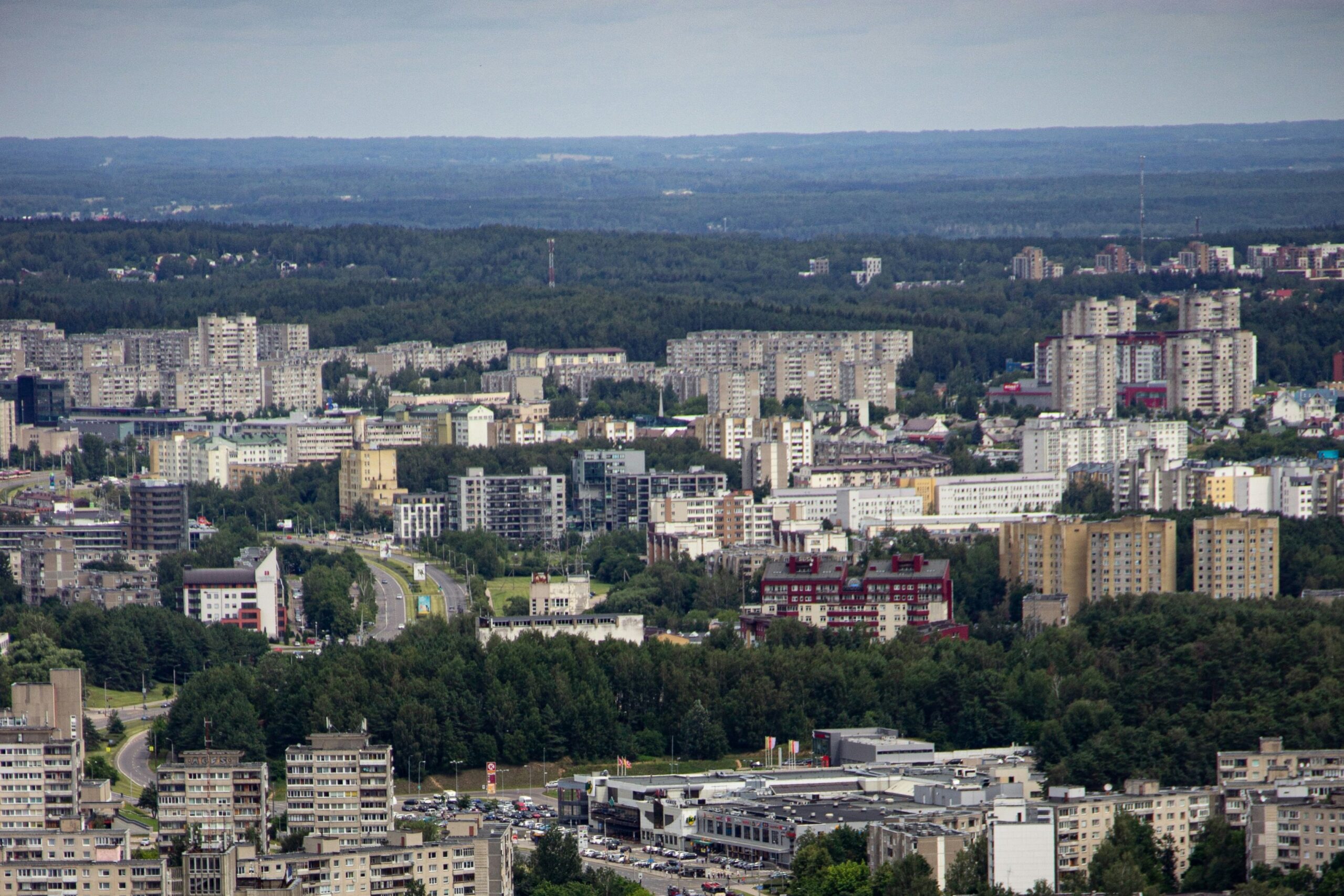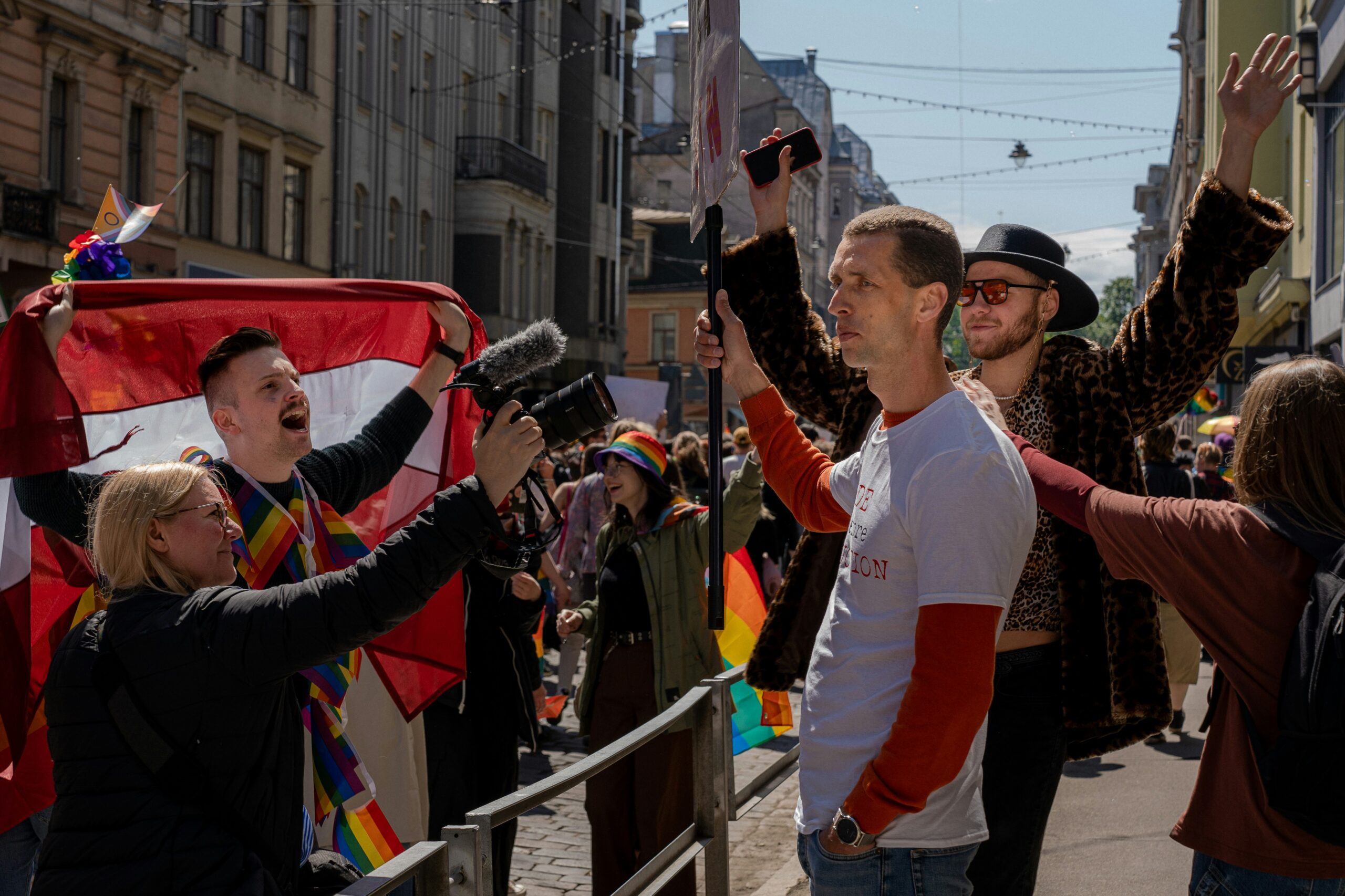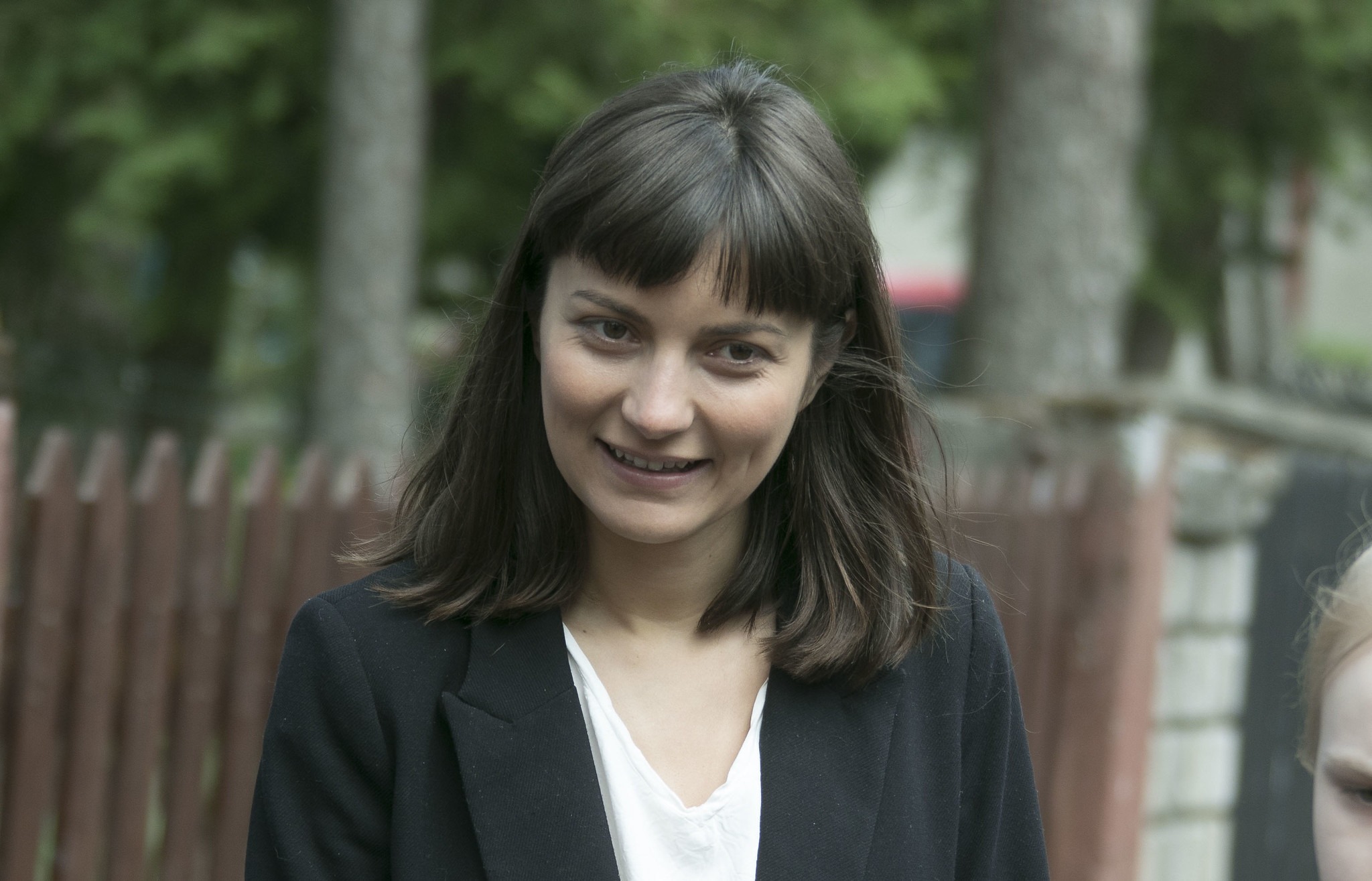
Key Insights:
- In April 2025, Kremlin-aligned media focused on Lithuania’s proposed real estate tax, generally describing it as a crushing economic burden on citizens. Coverage emphasized scenes from protests, where demonstrators voiced anger over what they saw as another blow to the working and middle class. Reports framed the government as out of touch and accused it of ignoring the widening economic gap. Interviews and footage shown on Kremlin-aligned channels portrayed participants as ordinary Lithuanians pushed to the edge, fueling a narrative of growing discontent and further accelerating the anti-government narratives.
- Alongside tax protests, Kremlin-aligned outlets revived the March tragedy in Pabradė, where four U.S. soldiers died during a NATO exercise. They questioned why public discussion about the incident faded so quickly, suggesting deliberate silence from Lithuanian and Western officials. Malign actors used the event to criticize the presence of foreign troops in Lithuania, implying that such alliances endanger rather than protect the country. Some went further, asking what kind of accountability exists when tragedy involves NATO forces on Lithuanian soil, and looked for various conspiracy theories for “such a quick turn to silence”.
- Cultural tensions regarding Russian speakers were also highlighted, especially around the planned concert in Lithuania by Kristina Orbakaite, a Russian pop artist and daughter of Alla Pugacheva. Some Lithuanians actively called for the cancellation of her performance, citing her symbolic ties to the Russian cultural sphere and reminding that she performed in Crimea after its occupation by Russia. Pro-Kremlin media dismissed the backlash as excessive and rooted in anti-Russian sentiment, arguing that banning artists hardly serves national interest and rather reflects growing intolerance.
- Adding to the cultural controversy, President Gitanas Nausėda’s decision to revoke a state award from Russian violist Yuri Bashmet was met with similar open criticism. Kremlin-aligned coverage portrayed the move as politically motivated and petty, accusing Lithuanian authorities of rewriting cultural ties to fit a rigid ideological stance. Together, these stories were used to paint a picture of a country, in their view, mired in economic strain, stifled debate, and cultural purges.
- Ukraine and Lithuania are collaborating to combat disinformation and bolster cultural resilience amid ongoing crises: in a recent meeting at the end of April, Lithuanian cultural officials and Ukrainian parliamentarians discussed strategies to enhance societal resistance through culture, emphasizing the importance of media literacy and the digital preservation of cultural heritage. The Lithuanian side reaffirmed its commitment to supporting Ukraine’s cultural sector, including initiatives to digitize and protect cultural assets threatened by conflict. Both nations highlighted the role of culture in strengthening national identity and resilience, agreeing to continue joint efforts in countering disinformation and preserving cultural heritage.
Overview of the findings:
- As usual, four Kremlin-aligned media outlets still operating in Lithuania were analysed during this month, and 933 (a similar number compared to 988 articles throughout March) articles were scrutinised. It is worth reminding that some of these pieces are republished official information to maintain credibility, subtly shape narratives, and influence both domestic and international audiences while adhering to legal or regulatory standards.
- Throughout April, Kremlin-aligned media in Lithuania intensified efforts to discredit the government and erode public trust by focusing heavily on the proposed real estate tax, portraying it as an unbearable financial burden imposed by an indifferent political elite. Protest coverage was framed to suggest widespread grassroots resistance, while officials were accused of ignoring the needs of ordinary citizens. These narratives were interwoven with conspiracy theories claiming that the war in Ukraine continues not because of Russian aggression but because certain Western actors allegedly benefit from prolonging the conflict and do not want peace. The sudden silence following the March tragedy in Pabradė, where four U.S. soldiers died during NATO exercises, was highlighted as suspicious, with some media even calling the incident a “PR event” designed to distract or manipulate public perception. Coverage of the Pope’s funeral was similarly used to suggest diversion tactics by Western-aligned powers. Meanwhile, backlash in Lithuania over the planned concert of Russian singer Kristina Orbakaite was depicted as an example of escalating Russophobia, and President Nausėda’s revocation of a state award from Russian musician Yuri Bashmet was framed as vindictive and politically motivated. Altogether, these narratives served to undermine confidence in Lithuania’s leadership and foreign alliances, portraying the country as repressive, misled, and complicit in international conflicts.
- The YouScan media monitoring tool managed to capture 43,121 content pieces (a visible decrease compared to the 66,664 pieces captured the previous month) throughout April related to pro-Kremlin media in Lithuania, including different posts, videos, tweets, and comments written under them.
- The graph below indicates daily engagement levels throughout April. The absolute majority of engagement peaks throughout the month remained focused on the same proposed real estate tax:
Three of the most engaged social media content pieces throughout April and their engagement metrics:
Erikas Pavlovičius: The destiny of Lithuania is in the hands of our politicians.
No to the real estate tax, goodbye to the Constitutional Court!
Story of the Month:
Kremlin Media Exploits the Real Estate Tax Protest in Lithuania
In April, Lithuania’s newly proposed real estate (NT) has triggered public backlash, culminating in a protest in Vilnius this month. The tax, introduced in 2024 as part of a broader effort to align Lithuania’s fiscal policies with Western norms, was meant to standardize and modernize property taxation. However, many citizens viewed it as an added burden during economic strain, especially for middle-class homeowners. Critics argue that the reform lacks sufficient social safeguards, while government officials maintain that it is both necessary and fair.
The recent protest quickly became a focal point for Kremlin-aligned media in Lithuania, which framed the event not as a single-issue demonstration but as a symbol of growing civil unrest. Malign outlets not only made live streaming (see screenshot on the upper right, Komentaras TV Youtube Channel), but also repeatedly amplified slogans like “we’re not slaves,” portrayed the demonstrators as victims of government overreach, and stirred the narrative that Lithuania’s political system is crumbling under public pressure.
Among the most engaged social media posts regarding the protest appeared to be written by one of the strongest people on earth, currently active in many anti-government activities, Žydrūnas Savickas (see screenshot of the post and its notable metrics on the left). He openly opposed the tax, portraying it as detrimental to Lithuanians, turning his audiences against it as well. This coverage presented the protest as proof of deep dissatisfaction with democratic governance and an awakening of popular resistance.
Fueling strong anti-government narratives was the simultaneous fire outbreak at a waste processing plant on the same day as the planned protest in Vilnius. The incident prompted pollution alerts and public health warnings advising residents to stay indoors. Kremlin-influenced media used the timing to suggest foul play, implying the government might have deliberately used the fire to limit protest turnout. Though no evidence supports such claims, the coincidences helped spread distrust and conspiracy theories.
Further criticism targeted government comparisons between Lithuania’s tax system and those in Western Europe. Kremlin-aligned commentators emphasized that while property taxes are ordinary in the West, those countries also offer more robust pensions (e.g., “Nepatogi tiesa” FB page, see screenshot on the right) and social benefits—something Lithuanian leaders allegedly ignore. This framing painted the government as dishonest and disconnected from ordinary citizens, reinforcing broader anti-government and anti-Western sentiment.
Quickly, a lot of jokes and memes started circulating online about the protest that took place. For example, well-known internet personality Benas Lastauskas ironically reached out to the participants: “Look, judging by the bright faces gathered here in Cathedral Square, I can see that you haven’t been told everything. You won’t have to pay anything if you don’t own real estate. There’s been a misunderstanding. Go home.” (see screenshot of the post below):
The introduction of Lithuania’s new real estate tax and the subsequent public protest in Vilnius were quickly exploited by Kremlin-aligned media to serve broader disinformation and anti-government goals. While the tax itself was a domestic policy aimed at aligning with Western fiscal standards, Russian-affiliated outlets portrayed it as a symbol of government overreach and social injustice. The protest was framed not as a policy dispute but as a sign of civil unrest and political collapse, accompanied by conspiracy theories. These narratives sought to amplify public distrust, further portraying Lithuania’s leadership as corrupt and disconnected, and undermining confidence in democratic institutions.









